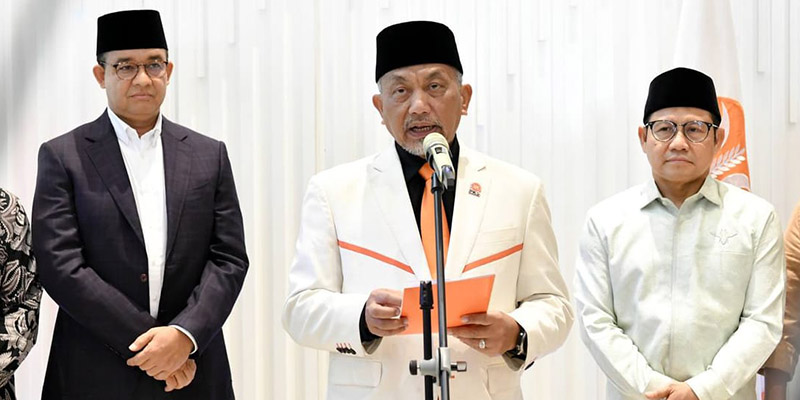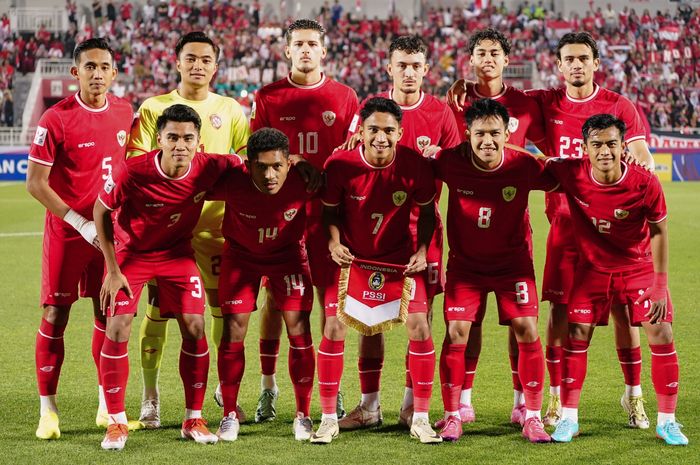

caredeself.net, JAKARTA – Welcome to the latest update on Indonesian politics! Today, we delve into a stirring tale of bravery and integrity within the judicial system that has captured the nation’s attention. Join us as we explore how PKS, a prominent political party in Indonesia, praises the courage of three judges who have stood firm in the face of adversity. Let’s unravel this captivating story together.
The Arrest of Three Judges: Background and Details
In a shocking turn of events, three judges from the Indonesian judicial system were recently arrested for alleged involvement in corruption. The arrests sent ripples through the legal community and raised concerns about the integrity of the judiciary. The background of the case remains murky, with speculations swirling about possible motives behind the judges’ actions. As details continue to emerge, many are left wondering how such esteemed figures could be embroiled in such scandal.
The public outcry has been palpable, with calls for transparency and accountability echoing across the nation. The incident has sparked a much-needed conversation about ethics and morals within the legal profession. As investigations unfold, all eyes are on how this will impact trust in Indonesia’s justice system moving forward. The repercussions of these arrests are far-reaching and have cast a shadow over an institution that is meant to uphold fairness and righteousness.
PKS Response to the Arrest
The PKS, known for its commitment to upholding justice and integrity, swiftly responded to the arrest of three judges in Indonesia. The party expressed deep concern over the situation and emphasized the importance of due process and fair treatment for all individuals involved. PKS praised the courage of these judges who have dedicated their careers to serving justice in a challenging environment. The party highlighted the need for transparency and accountability within the legal system to ensure trust and confidence among citizens.
By standing in solidarity with the three judges, PKS reaffirmed its stance on supporting those who uphold ethical principles in their roles. The party called for a thorough investigation into the circumstances surrounding their arrest while advocating for a just resolution that respects their rights as well as maintains public faith in the judiciary.
Criticism of Judicial System in Indonesia
The judicial system in Indonesia has faced criticism for various reasons. Some argue that there are issues of corruption and lack of transparency within the legal framework. Others point out concerns regarding the independence of judges and their susceptibility to external influences.
Critics also highlight inefficiencies in the legal process, leading to delays and backlogs in court cases. This can hinder access to justice for many individuals seeking resolution through the courts. Additionally, there have been instances where verdicts seemed inconsistent or biased, raising questions about the fairness and objectivity of the system.
Calls for reforming the judicial system have been ongoing, with demands for greater accountability, integrity, and adherence to the rule of law. It is imperative for a country’s legal framework to uphold justice impartially and efficiently to maintain public trust and confidence in its institutions.
Importance of Upholding Justice and Integrity in the Legal System
Ensuring justice and integrity in the legal system is crucial for a fair society. It upholds the rule of law and protects individual rights. When judges act with honesty and impartiality, it instills trust in the judiciary.
A transparent legal system promotes accountability among officials and prevents corruption. Upholding justice means that everyone, regardless of their status or wealth, receives a fair trial. This fosters equality before the law and strengthens democracy.
Integrity within the legal system builds public confidence in institutions meant to protect citizens’ rights. Without integrity, there can be no true justice – only chaos and inequality prevail. Upholding these principles ensures a just society where all individuals are treated fairly under the law.
Support for the Three Judges from Various Organizations
The arrest of the three judges has sparked widespread support from various organizations across Indonesia. Many legal associations and human rights groups have come forward to condemn the actions taken against these individuals. The Indonesian Bar Association, in particular, has issued a statement expressing solidarity with the judges and calling for a fair and transparent investigation into the matter. Other civil society organizations have also voiced their support, emphasizing the importance of upholding judicial independence and due process.
Support for the three judges extends beyond legal circles, with community leaders and activists rallying behind them. The outpouring of solidarity underscores a collective commitment to defending justice and integrity within Indonesia’s legal system. As pressure mounts for accountability and transparency in this case, it is clear that these judges are not facing this ordeal alone. The unity shown by various organizations reflects a shared belief in upholding the principles of fairness and righteousness within society.
Conclusion
In a time when the integrity of the legal system is being questioned, it is crucial for organizations like PKS to stand up and praise those who demonstrate courage in upholding justice. The recent arrest of three judges has shed light on the challenges faced within Indonesia’s judicial system. Despite criticisms, it is heartening to see support pouring in from various groups and organizations.
PKS’s response to the arrest shows their commitment to ensuring that justice prevails and that those who uphold integrity are recognized. As we move forward into 2024, let us remember the importance of a fair and just legal system in shaping our society. It is through acts of courage and dedication like those demonstrated by the three judges that we can strive towards a better future for all Indonesians.





